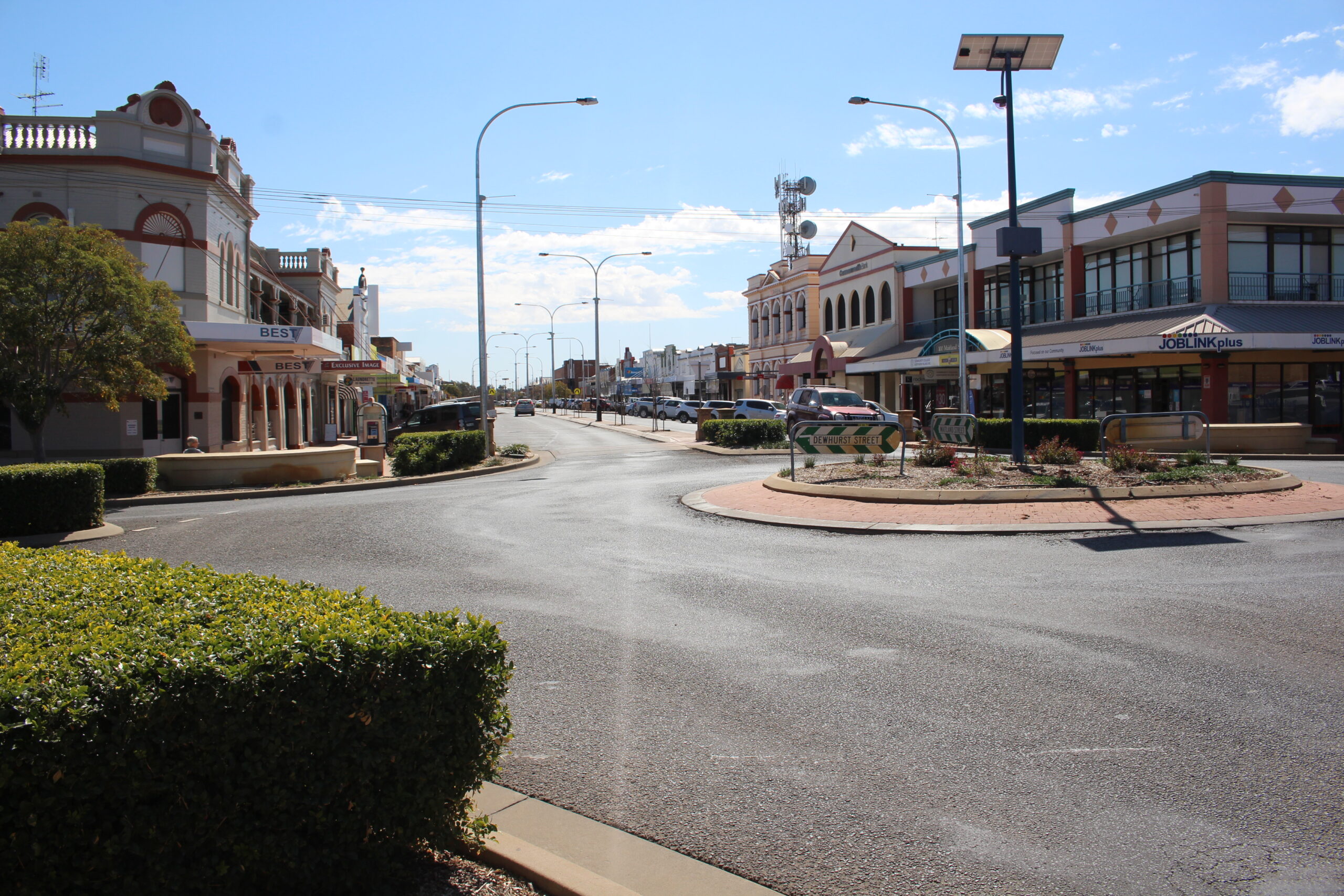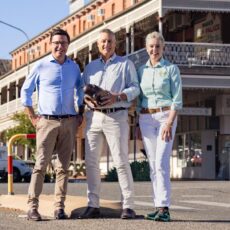Federal Minister for Resources Madeleine King has indicated her support for Santos’ Narrabri gas project as part of a plan of using gas to support an economic transition to net zero.
Ms King was interviewed by the ABC last week following the release of Australia’s Future Gas Strategy.
The government released a medium and long-term strategy that it said establishes the role gas will play in the transition to net zero by 2050, securing affordable gas for Australia as the nation moves to a more renewable grid, and confirming the government’s commitment to being a reliable trading partner.
The strategy is centred on six principles including a commitment to supporting global emissions reductions, gas affordability throughout a transition to net zero, new sources of gas supply to meet demand during an economy-wide transition, reliability of gas supply, adapting gas and electricity markets to be fit for purpose throughout an energy transformation, and for the nation to remain a reliable trading partner for energy including liquefied natural gas and low emission gases.
“Narrabri is important,” Ms King told the national broadcaster.
“My understanding around Narrabri is that they [Santos] have committed that to be a domestic use field.
“That is what Santos has committed to the NSW government.
“If Narrabri comes online … it relieves quite a lot of pressure on the gas supply in that state because it doesn’t produce any gas at all.
“More importantly, for everyday consumers it will make it more affordable because the gas sits close to the demand.
“It’s important that we decrease demand at the same time, but you’ve got to have gas to firm up the renewables to 2030 and beyond.”
Addressing the overall strategy, Ms King said gas plays a crucial role in supporting the economy, with the sector employing 20,000 people across the country, including remote and regional communities.
“Ensuring Australia continues to have adequate access to reasonably priced gas will be key to delivering an 82 per cent renewable energy grid by 2030, and to achieve our commitment to net zero emissions by 2050,” she said.
“The strategy makes it clear that gas will remain an important source of energy through to 2050 and beyond, and its uses will change as we improve industrial energy efficiency, firm renewables, and reduce emissions.
“But it is clear we will need continued exploration, investment and development in the sector to support the path to net zero for Australia and for our export partners, and to avoid a shortfall in gas supplies.”
In response to the government’s release of the strategy, environmental advocacy group Lock the Gate said it is likely to lead to a renewed push to open new, polluting gasfields in the national food bowl on the Liverpool Plains and in cultural and ecological jewels like the Kimberley in Western Australia and the Roper Gulf region in the Northern Territory.
Carmel Flint, national coordinator with Lock the Gate, said the strategy promotes a reckless plan to open up new industrial gas basins that will damage land, water and communities.
“It is Scott Morrison’s failed and terribly ill-considered ‘gas-fired recovery’ all over again, and it is as wrong now as it was then,” she said.
“This strategy is a capitulation to the gas lobby at the expense of manufacturers, workers and households struggling with the cost of living, who will all pay more for energy because of it.
“The gas industry has mercilessly price-gouged Australians, with gas prices more than tripling in the last 10 years, driving up energy prices more broadly and destroying manufacturing.”
Santos is seeking to develop natural gas reserves in the Pilliga and anticipates its $3.6 billion development will create 1300 jobs during construction and 200 ongoing positions.
To order photos from this page click here










